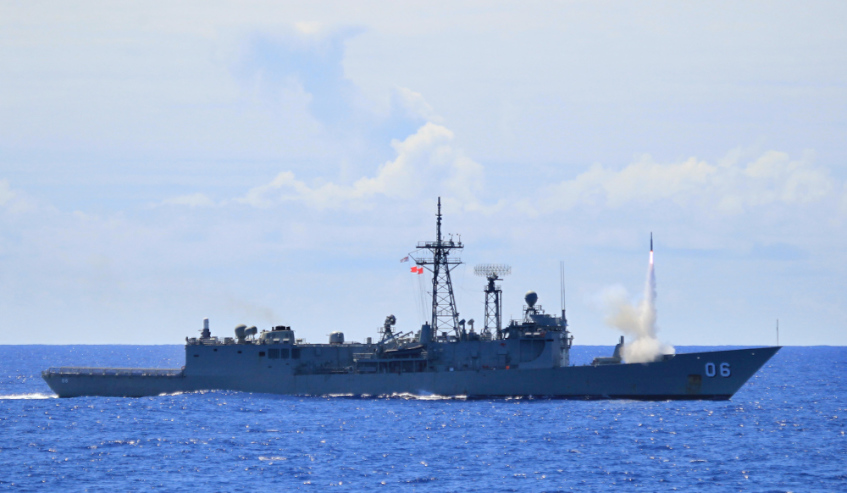The newly unveiled Defence Export Strategy’s classification of an Australian defence business has been slammed by former submariner and current Nick Xenophon Team senator Rex Patrick for its “lazy” definition.
To continue reading the rest of this article, please log in.
Create free account to get unlimited news articles and more!
The strategy, which includes the establishment of a new Australian Defence Export Office, an Australian Defence Export Advocate and a Defence Export Facility to be administered by Efic, has defined the Australian defence industry as one that consists of businesses with an Australian Business Number providing defence-specific or dual-use goods or services.
Senator Patrick, a former project manager within the defence industry, has said while he welcomes the new strategy, there is more to be done in the way of defnining Australia's defence industry.
"Credit where credit is due, I congratulate the government on its announcement today. This is good news for investment and jobs in the defence sector. There are, however, areas for refinement and a need to look at exports from a broader view point," the senator said.
"The strategy defines Australian defence industry as ‘businesses with an ABN’. That’s lazy and inappropriate, in my view. You can’t define an Australian company as one that turned up and registered for an ABN."
Defence's definition of an Australian company has been a cause of concern for some time, with Defence Teaming Centre chief executive Margot Forster telling a Senate inquiry into Australia's future naval shipbuilding industry that the definition does not go far enough and disadvantages local Australian businesses.
"Industry that attended the sovereign industrial capabilities seminar hosted by ABDI back in July [2017] were rightly concerned by the Department of Defence's definition of an Australian company, which was 'any company with an ABN and Australian employees'," Forster told the hearing last year.
"When defining what it means to be Australian, I suggest that we can do a little better than holding an ABN and employing Australians. We must insist that overseas companies invest in this country, develop technology here and have an ongoing commitment to Australia. This becomes particularly important when we are striving to be exporters of defence capability."
Senator Patrick echoed these sentiments, calling for funding priorities to be given to companies with an already established presence and commitment to Australian industry.
"We need to give funding priority to those companies that have been here for years – companies that have invested locally, employed Australians (both training them and giving them experience) and generating and owning IP. I don’t mind the idea of attracting new business to Australia, but we must first reward those that have already committed to Australia," he said.
"Bottom line – the strategy document is a step in the right direction, but it falls short of being holistic."

 Login
Login







